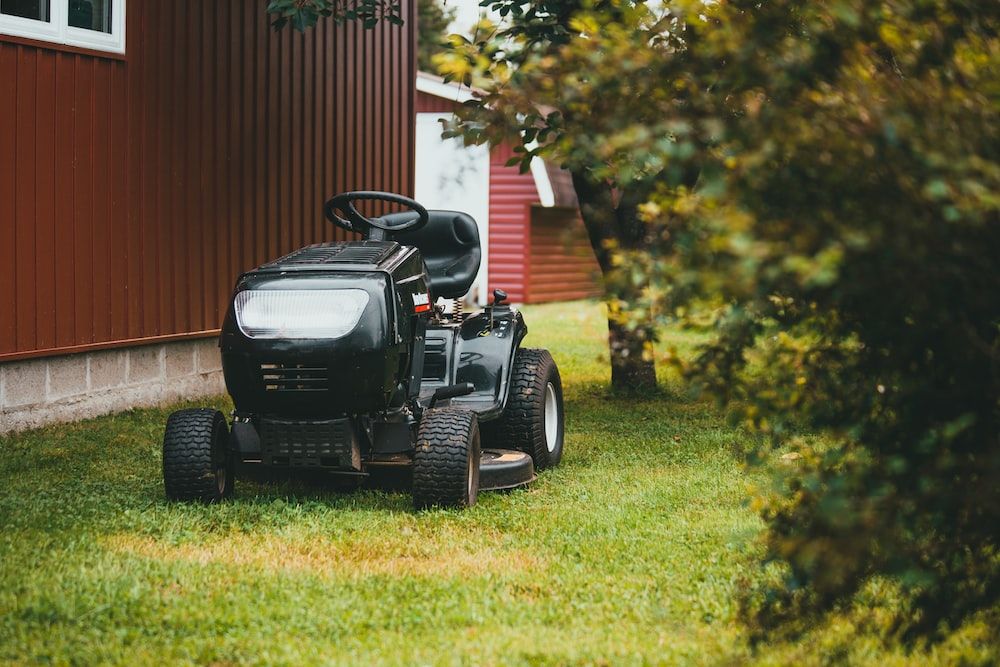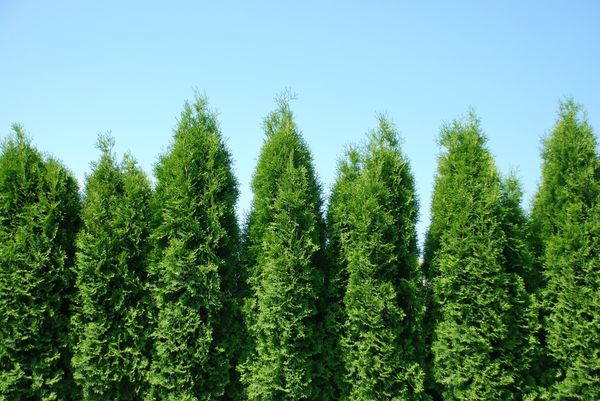Are you aware of the proper oil to use in your lawnmower? Unfortunately, many individuals don't, which means they could be using the wrong oil, which might have adverse effects.
Did you know that certain oils are more suitable than others depending on the environment where you live?
To help you make a knowledgeable selection when buying oil for your lawn mower, check out my post, where I compare SAE 30 and 10w30 oils and provide my recommendations on which to use in your mower. Remain tuned!
Lawn Mowers: 10w30 vs. SAE 30
Two motor oils are used in lawnmowers: SAE 30 and 10W30. While 10W30 is a thinner oil that is ideal for use in cold weather, SAE 30 is a heavier oil that is best utilized in warm weather.
Your lawn mower's motor will be more lubricated with SAE 30, but it might also run hotter. Although it won't lubricate the engine as well, 10W30 will make it run cooler.
Consult the owner's handbook if you need clarification about the kind of oil to put in your lawn mower. Most lawnmowers can use SAE 30 or 10W30, but each has benefits and drawbacks. Select the oil that best satisfies your requirements and your lawn mowers.
Does SAE 30 equate to 10w30?
Both SAE 30 and 10w30 motor oils are acceptable for use in lawnmowers. While 10w30 is a multi-weight motor oil, SAE 30 is a single-weight motor oil. The increased viscosity of SAE 30 ensures it retains its qualities at higher temperatures. Additionally, it is less prone to malfunction at high engine speeds and temperatures. SAE 30 is less efficient in cold climates than 10w30, nevertheless.
10w30, on the other hand, is thinner and flows better during cold temperatures. Due to its greater viscosity, it also offers protection against deterioration. In high temperatures, 10w30 is less successful in preventing engine deposits.
The sort of engine your lawn mower has and the climate where you live ultimately determine the optimum motor oil for your lawn mower.
SAE 30 Oil and Its Benefits
SAE 30 oil is one of the most often used lubricants in lawn mowers. Its name alludes to the Society of Automotive Engineers' technique of classifying lubricants based on viscosity.
The medium-weight SAE 30 oil is ideal for lawnmowers because of its capacity to withstand high temperatures without deteriorating. Due to its weight, it is beneficial for lubricating engine components, which may get quite hot during operation.
SAE 30 oil is less prone to accumulate sludge and deposits, which may choke engines and decrease their performance. Because SAE 30 is a single-grade oil, it is affordable and straightforward.
10w30 Oil and Its Benefits
If you like maintaining your lawn, you are well aware of 10w30 oil's benefits for lawnmowers. This oil may make your lawnmower operate more smoothly and effectively since it is created especially for smaller engines like those used in lawnmowers.
10w30 oil aids in lubricating the engine's components and averts overheating, which may result in severe damage. Additionally, it works wonders to lessen friction and wear on the engine parts, which may increase the lifespan of your mower.
Additionally, 10w30 oil is suitable for use in hot and cold climates since it is less prone to degrade at high temperatures. The 10w30 oil is an excellent choice to maintain your lawn mower operating at peak performance.
Can I Use 10w30 in My Lawn Mower Instead of SAE 30?
While SAE 30 and 10w30 oil is often used in lawnmowers, they have distinct functions. While 10w30 is a heavy oil that performs well in hot and cold climates, SAE 30 is a lightweight oil ideal for warmer temperatures.
See the owner's handbook if you need clarification on which one to use in your lawn mower. For the majority of individuals, SAE 30 is often the best option. However, if you live somewhere with snowy winters, switch to 10w30 in the winter.
In any case, it's essential to frequently check the amount of your oil and replace it with the frequency recommended by your owner's handbook. Doing this may prolong the useful life of your lawn mower.
Does 10W30 Cause Damage to My Lawn Mower?
The use of 10W30 will protect your lawn mower, however. In lawnmowers, SAE 30 and SAE 10W30 motor oils are utilized. While SAE 10W30 is a multi-grade oil, SAE 30 is a single-grade oil.
The number after the "W" in SAE 10W30 denotes that the oil has undergone testing and complies with SAE specifications for low temperatures. The number immediately after the "W," the better, determines how well the oil performs at low temperatures.
For lawnmowers in temperate regions, SAE 30 oil works best, while SAE 10W30 oil works best in frigid climes. No of the weather, some people use SAE 10W30 oil in their lawnmowers since it guards against wear and strain.
Can SAE 30 and 10w30 Be Mixed?
The dispute between SAE 30 and 10w30 for lawnmowers has persisted. Can SAE 30 and 10w30 be combined? Yes, you may mix these two oils to answer your question. Oils with the same viscosity levels may be mixed.
But it's essential to remember that 10w30 is heavier than SAE 30, which is lighter. In cold conditions, SAE 30 will thus flow more effectively and provide more excellent protection.
In contrast, 10w30 will provide superior protection in warm weather. So it is recommended to use the oil made for such circumstances if you use your lawn mower in very hot or cold climates. In any other case, mixing SAE 30 and 10w30 is safe.
Could blending oil harm a mower's engine?
The subject of SAE 30 vs. 10w30 for lawn mowers is often asked since using the proper oil in your lawn mower engine is crucial. SAE 30 oil is often used in warmer climates, whereas 10w30 oil is frequently used in colder climates.
While it is possible to mix these oils, it is advisable to avoid doing so since it may harm your mower's engine. Additionally, it's preferable to prevent blending oils from various brands. Before mixing, make sure the grades are almost the same.
Conclusion: Which is Best for Lawn Mowers, SAE 30 or 10w30?
The choice between SAE 30 and 10w30 for your lawn mower ultimately depends on the specific requirements of your engine and the ambient temperature conditions. Multi-grade oils such as 10w30, which is a synthetic oil, exhibit versatility across a broad temperature range, making them suitable for extreme temperatures. These oils are engineered to maintain stable viscosity, unlike conventional oils which are derived from crude oil and can become significantly thicker or thinner based on temperature fluctuations.
On the other hand, single grade oils like SAE 30, being thicker oil, provide exceptional protection and lubrication to lawn mower engines under normal temperature conditions. These oils are often more straightforward in their performance but may not be as effective in extreme weather situations. However, the development in conventional oil technology has led to improved performance, narrowing the gap with synthetic oils. Therefore, whether you should use SAE 30 or 10w30 oil in your lawn mower largely depends on your mower's manufacturer's recommendations, regional climate, and personal preference for synthetic or conventional oil types.
One of the most prevalent kinds of motor oil is SAE 30, and another is 10w30, but which one is ideal for your lawn mower? The answer depends on several elements, such as the type and model of your mower, the climate where you reside, and how often you use it. Consumers often use SAE 30 oil in warmer climates since it is lighter. Because SAE 30 has less viscosity, it flows better and helps lessen engine wear. In colder areas, individuals often use the heavier 10w30 oil. It has a greater viscosity, which may provide your engine more protection but also make it work harder. The ideal oil for your lawn mower ultimately relies on your unique requirements. If you need help determining what oil to use, check your owner's handbook or get assistance from a certified mechanic.






